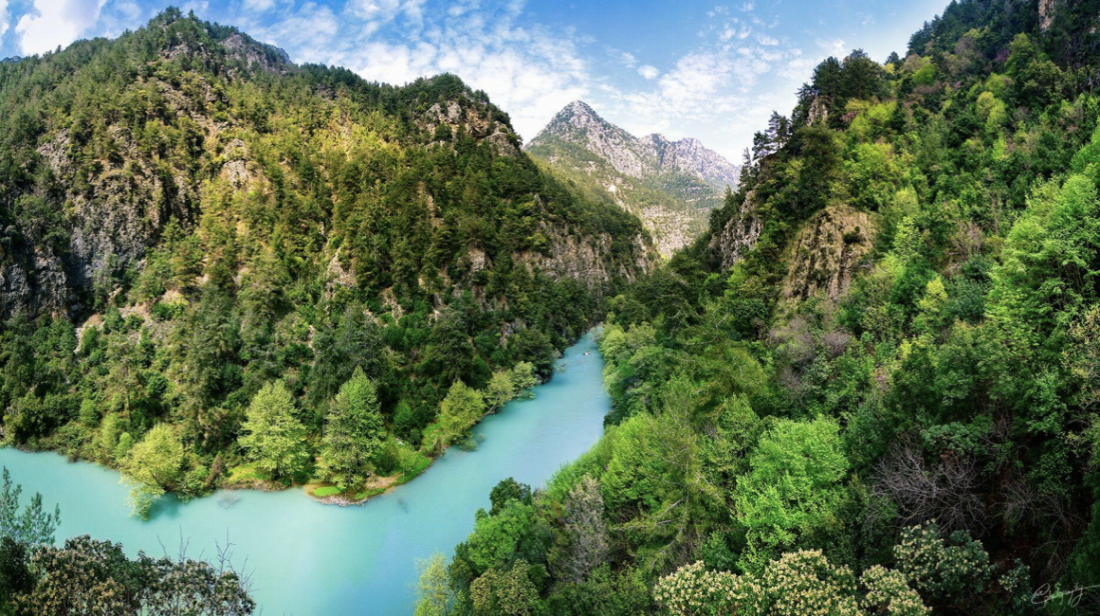[MEDUSA sister projects] CROSSDEV

This article forms part of a series of publications under MEDUSA project, where we present projects related to ours around the Mediterranean (“sister projects”). We always aim to join forces, find synergies and make a change all together!\\
CROSSDEV“Cultural Routes for Sustainable Social and Economic Development in Mediterranean” is a project funded by ENI CBC MED Programme 2014/2020 that aims to support the sustainable tourism in the Mediterranean area, particularly in Italy, Jordan, Palestine and Lebanon.

Facing the challenge of increasing opportunities and jobs promoting dialogue and peaceful coexistence, CROSSDEV intends to exploit the local culture and heritage and turn them into assets for socio-economic local development. Enhancing the Cultural Routes experiences such as those of the Council of Europe (e.g. Phoenicians Route and IterVitis), Palestine (Abraham Path) and Jordan (Jordan Trail), the project expects to increase tourism competitiveness and attractiveness of less known destinations and rural areas. In order to achieve this goal, the project will set up a cross-border tourism framework among the partners to enhance sustainable tourism policies, promote tourism-related business and develop community-led action plans. Thanks to CROSSDEV, skills, and knowledge will increase, contributing to better tourism practices in terms of socio-economic development as well as the environment and cultural heritage protection.
The project is financed with a budget of € 2.5 million and its partners are the International Committee for the Development of Peoples (Lead Partner, IT), the Culture Cooperative Society (IT), the Jordan University of Science and Technology (JO), the Association for the Protection of Jabal Moussa (LB), the Royal Marine Conservation Society of Jordan (JO), the Masar Ibrahim Al Khalil (PS) and the Ministry of cultural heritage, cultural activities and tourism – General Secretariat (IT).
CROSSDEV expects to achieve the following results:
- 5 local action plans for the promotion of less known touristic destinations;
- 3 cross-border agreements for the development of common strategies to increase tourism during low season;
- 8 cultural and historical sites enhanced;
- 30 enterprises/economic operators participating in cross-border business events;
- 5 new Sustainable Touristic Products pursuing innovation and diversification of the touristic offer;
- 15 private actors substantially and actively involved in new touristic initiatives, also via the “ad hoc” Digital Territorial ICT platform Art Planner developed to promote sustainable tourism initiatives;
- 2 cross-border business events to promote new Sustainable Tourism Products and enterprises networking.







